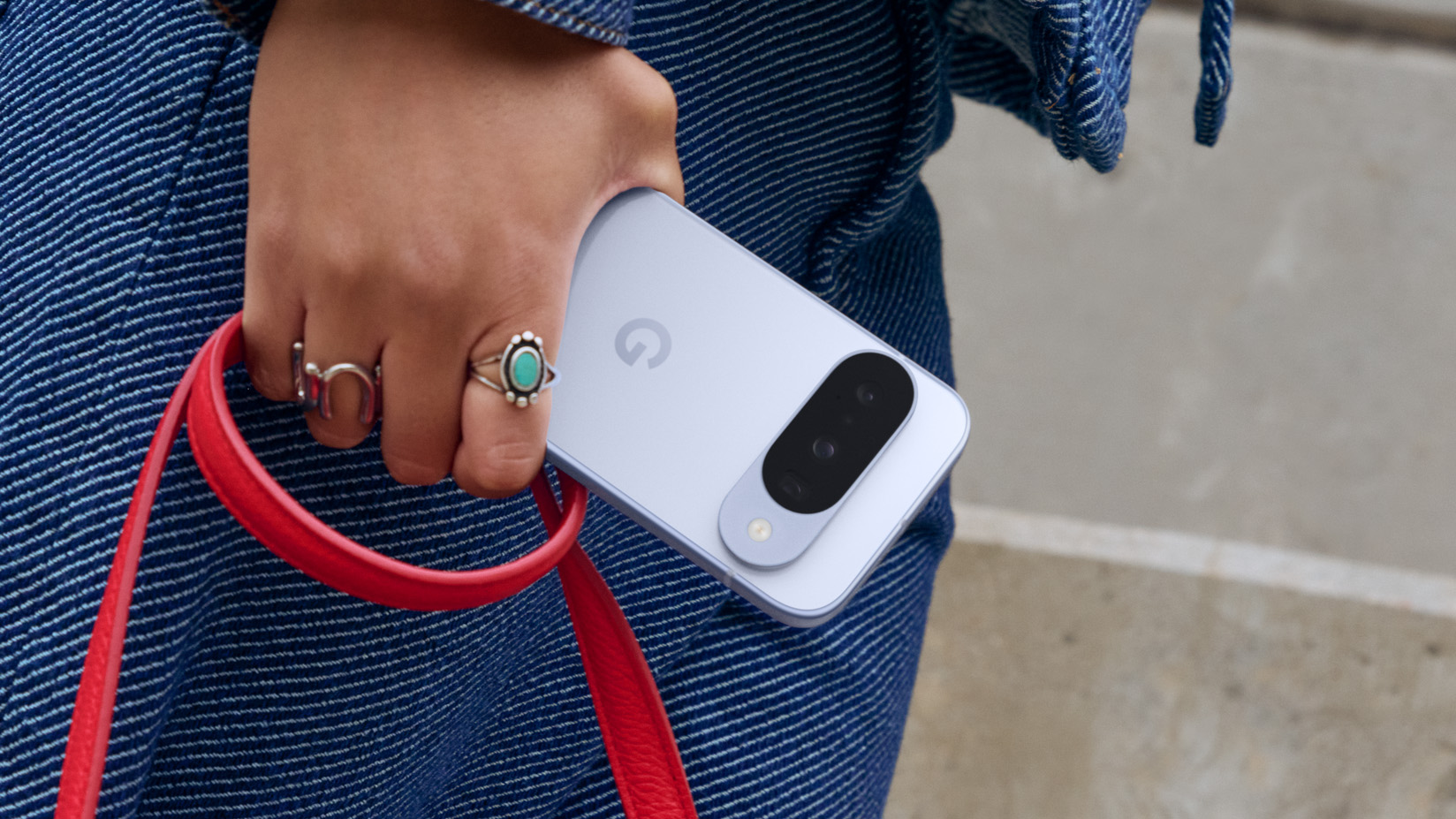Samsung Galaxy S24 Ultra rumored camera downgrade could be a deal-breaker for me — here's why
The competition could very well surpass Samsung's new flagship
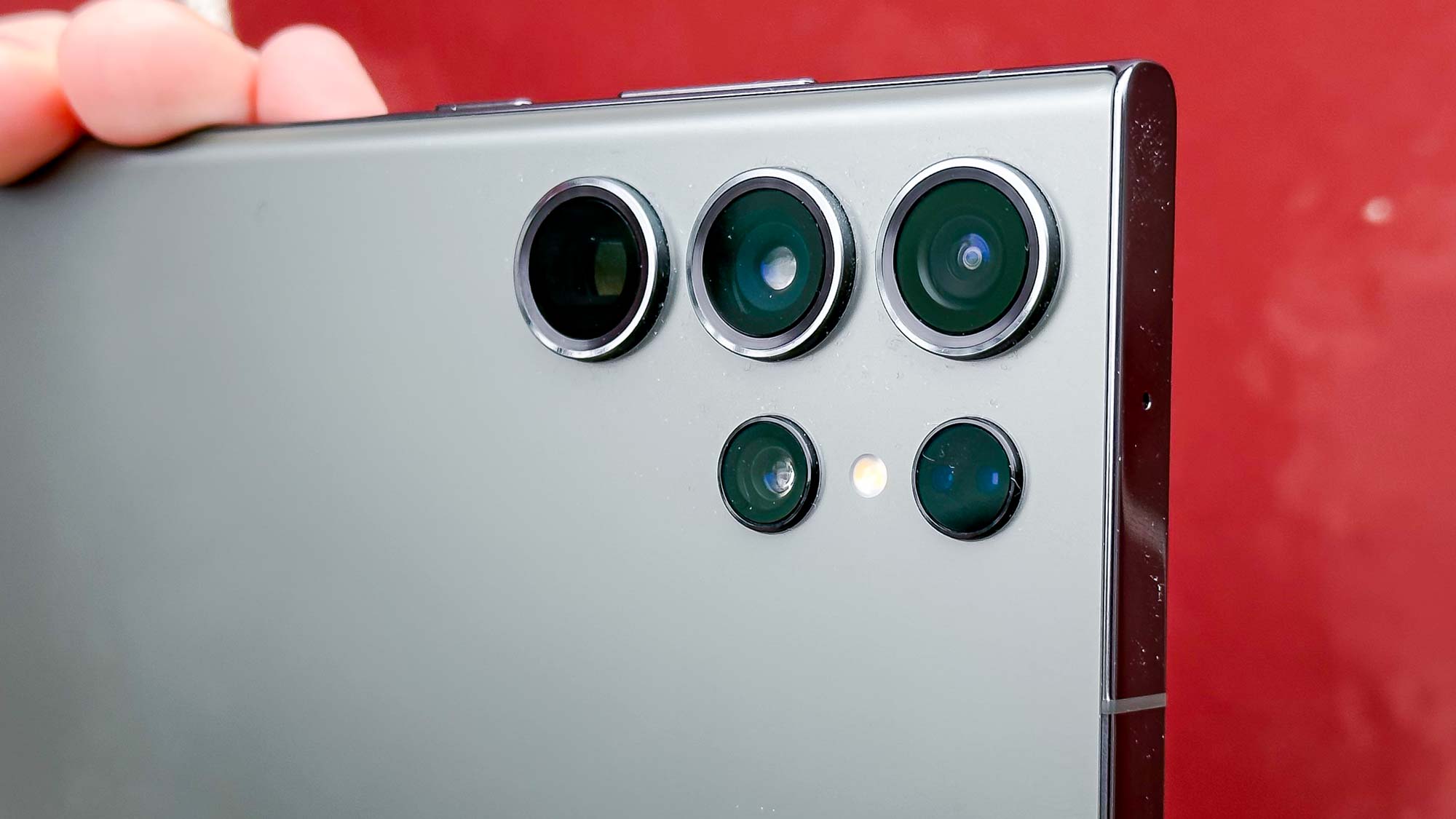
Samsung is big on features with its flagship phones and no other model receives the best of the best than its Ultra series. By introducing a 10x telephoto camera back with the Galaxy S21 Ultra, the phone series has always been a best camera phone contender — and it looks the Galaxy S24 Ultra won’t be an exception. Yet, there’s a rumor that’s bugging me about the upcoming flagship that could be a huge deal breaker.
I’m referring to how the Galaxy S24 Ultra may ditch the 10x optical zoom camera in past devices for a 5x optical one instead based on the leaks. That would effectively cut the phone’s zoom range by half, which would be a shock given how Sammy takes pride in leading the specs game. The bigger is better approach has long followed Samsung as far back as I can remember with the Galaxy series, so scaling down would be a huge shock.
As an avid photographer that appreciates the extra utility of an optical lens to get closer to a subject, it baffles me that Samsung would be going backwards by ditching the 10x telephoto camera I’ve been used to getting with the series for a 5x. There could be practical reasons for such a change, as well as ways to effectively reach (or surpass) the same level of quality, but I feel strongly about this possible change.
It’s a downgrade in the specs department
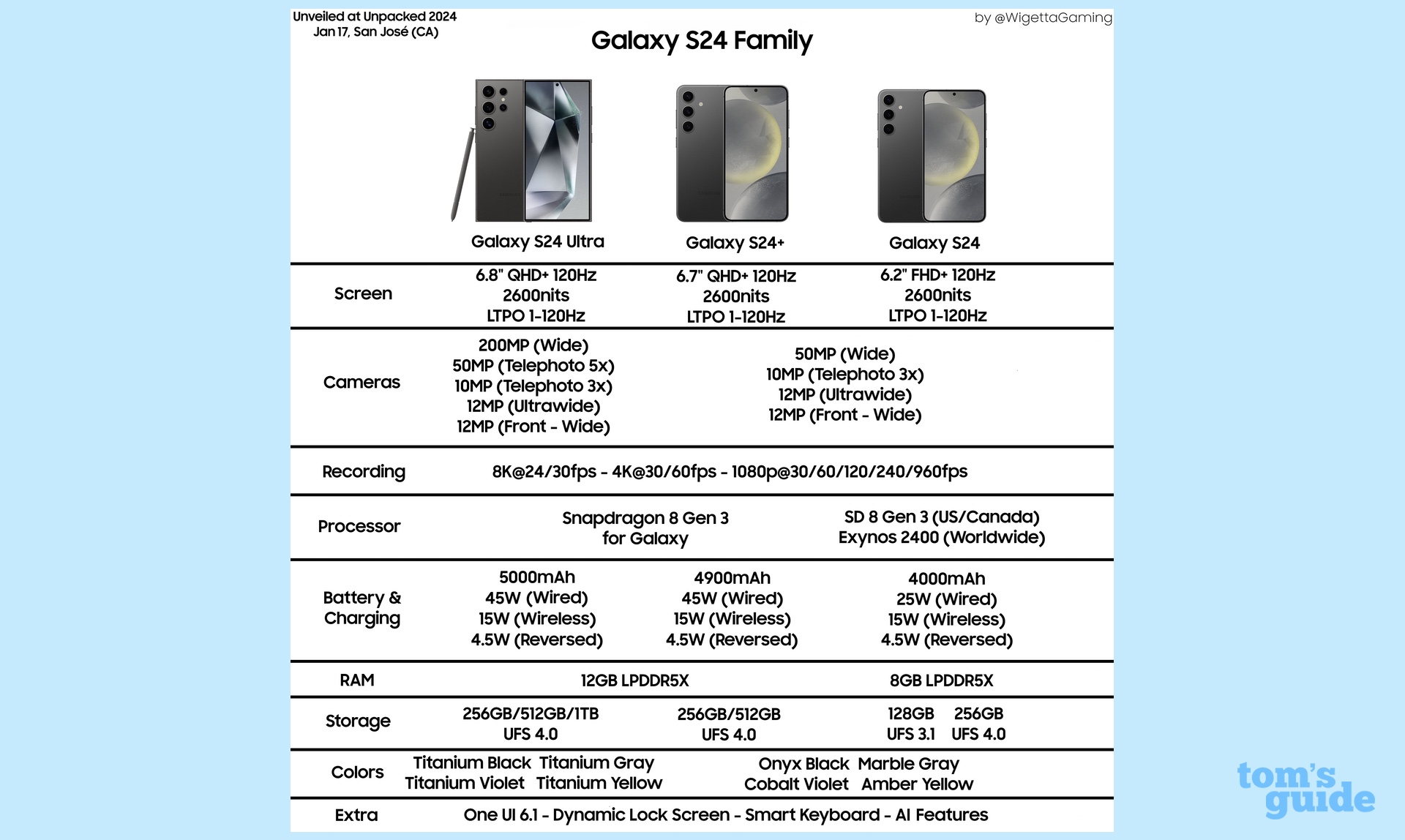
Just so you know: the Galaxy S24 Ultra should be boasting two telephoto cameras, just as before. I imagine that there will still be a 3x telephoto camera that would land in between the main camera and whatever secondary telephoto camera Samsung ends up putting in the Galaxy S24 Ultra.
Every successive phone should have the same or better specs than their predecessor, right? But given how Samsung elevated the bar with a 10x telephoto camera long before anyone else, getting anything less than that would be a downgrade. I understand how image processing advancements and larger sensors could effectively make a 5x telephoto camera almost as good as a 10x one, but you have to understand the differences between optical and digital zooms.
Glorified digital zooming
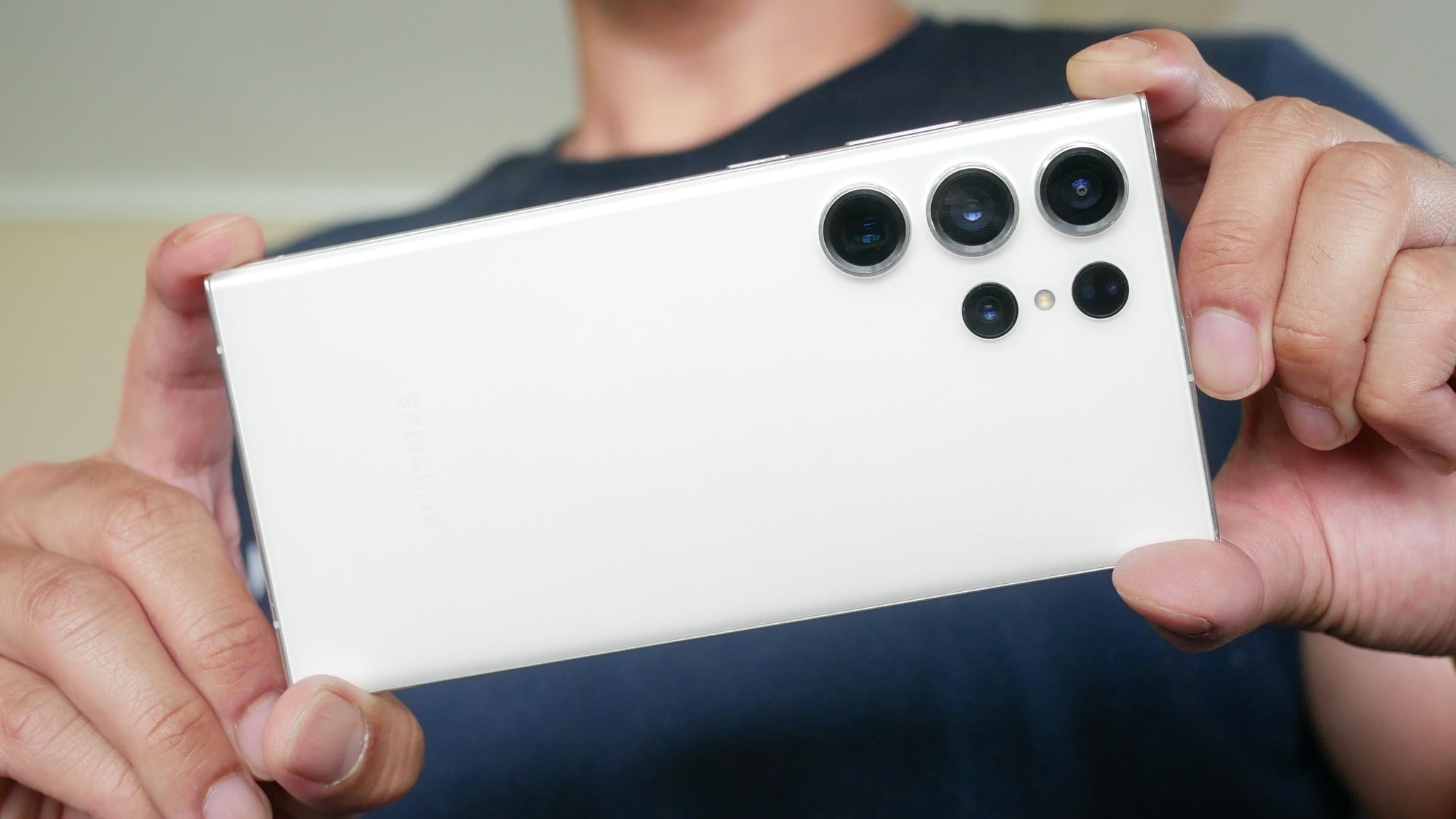
With an optical zoom, you’re essentially increasing the focal length and getting closer to a subject. If we remove all image processing, AI enhancements or any other software based tweaks that most phones apply to photos out of the equation, it’s impossible for a 5x telephoto camera to ever match a 10x telephoto one. There’s just no way.
Digital zooming, on the other hand, has been tossed around over the years — glorified with new monikers like lossless zoom. Every recent phone leverages this technique to a degree, especially if it’s using a large sensor to capture images, which would then apply a tighter crop to deliver “optical quality.”
Get instant access to breaking news, the hottest reviews, great deals and helpful tips.
A perfect example of this is how the OnePlus Open is able to deliver a 6x telephoto zoom option with its 64MP 3x optical zoom camera. We also see this technique with how the Galaxy S23 Ultra captures any image exceeding 10x zoom, like its 100x Space Zoom that essentially applies digital zoom to the image captured by its 10x telephoto camera.
The iPhone 15 also delivers a 2x telephoto option, which is enabled by a quad-pixel sensor. But to be clear it does not have a dedicated telephoto lens.
More opportunity for the competition
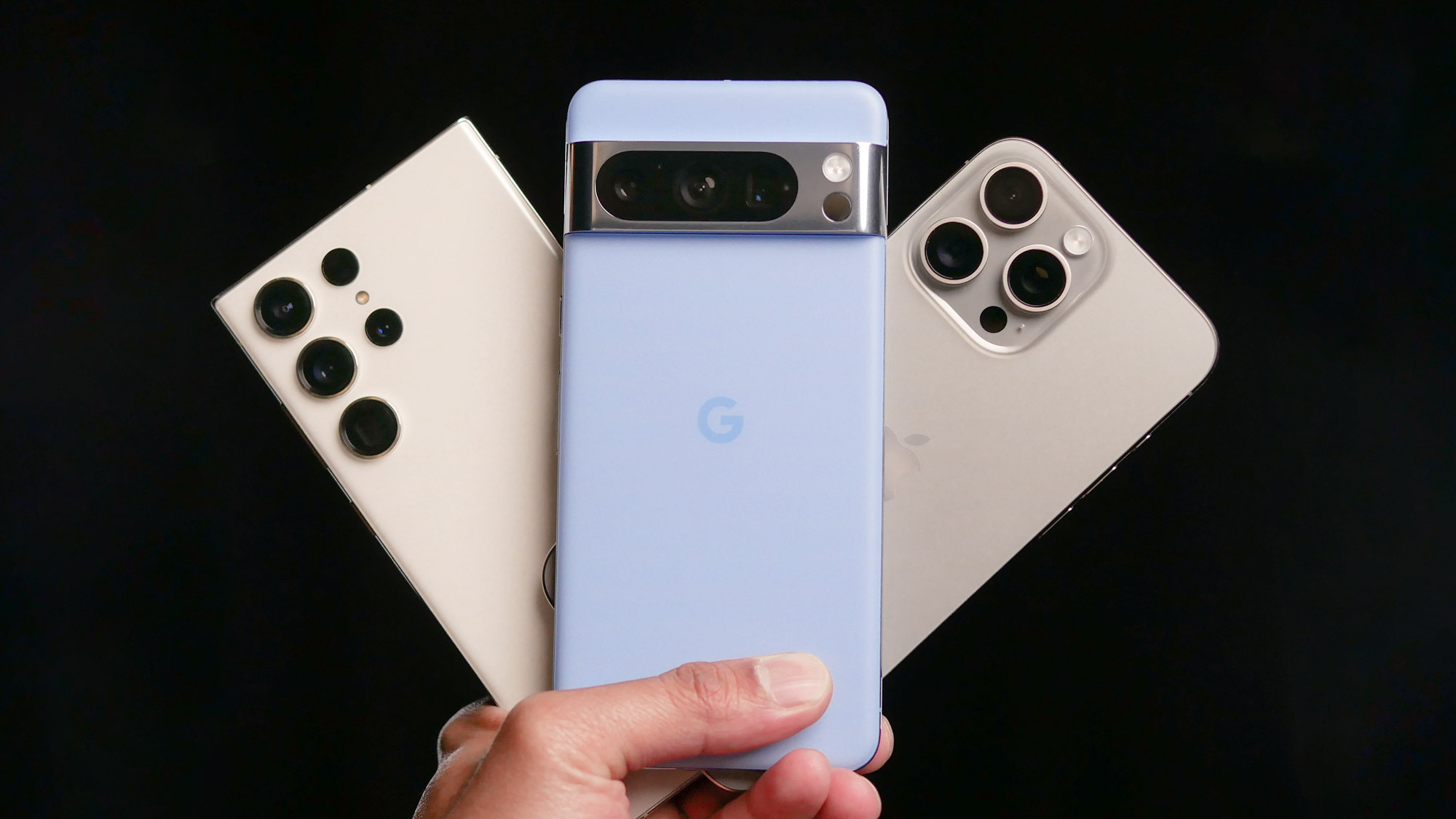
By downgrading to a 5x telephoto camera, the Galaxy S24 Ultra could no longer say it has a longer telephoto range than its rivals. In 2023, nearly every one of Samsung’s competitors upgraded the telephoto cameras in their phones. In fact, both the iPhone 15 Pro Max and Pixel 8 Pro top out with 5x telephoto cameras — so it’s hard for me to believe that Samsung would want to share its crown with them.
Launching early in the year could also prove detrimental if this telephoto downgrade does indeed come to fruition, mainly because it would give the competition ample time to best Samsung. Even though we’re still a good ways away from seeing the likes of the iPhone 16 Pro or Pixel 9 Pro, I bet other manufacturers will use this opportunity to pounce on the Galaxy S24 Ultra’s shortcomings.
While I’m confident that AI-editing and a better image processing algorithm will help boost the quality of the images captured by a Galaxy S24 Ultra 5x optical zoom camera, I would much rather have those tools applied to a 10x optical zoom camera — even if it means making the S24 Ultra a smidge thicker. That way, the results could be exaggerated so those images could be similar to those captured with a crazy 20x optical zoom.
We’ll know soon enough if this turns out true or not, seeing that we now have an official date for Samsung Galaxy Unpacked 2024 of January 17. We should also be hearing more about the Galaxy S24 and S24 Plus, which aren't tipped for any downgrades.
More from Tom's Guide
- Samsung Galaxy S24 Ultra tipped for big camera upgrade that beats iPhone 15 Pro Max
- Mobile apps have taken a turn for the worse in the past year — here's why
- Forget moon shots — the Samsung Galaxy 24 Ultra could capture galaxies and nebulas

John’s a senior editor covering phones for Tom’s Guide. He’s no stranger in this area having covered mobile phones and gadgets since 2008 when he started his career. On top of his editor duties, he’s a seasoned videographer being in front and behind the camera producing YouTube videos. Previously, he held editor roles with PhoneArena, Android Authority, Digital Trends, and SPY. Outside of tech, he enjoys producing mini documentaries and fun social clips for small businesses, enjoying the beach life at the Jersey Shore, and recently becoming a first time homeowner.
 Club Benefits
Club Benefits





